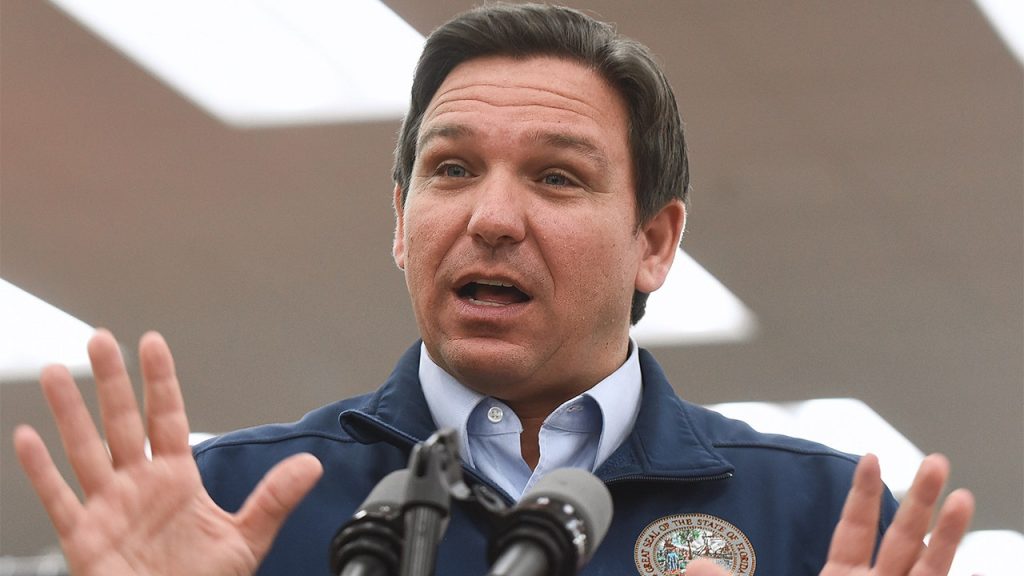Florida school districts will soon have the option of allowing volunteer chaplains to counsel students under a bill signed by Governor Ron DeSantis. The only requirements for chaplains to participate would be passing a background check and having their name and religious affiliation listed on the school website. The chaplains would provide support and services to students as assigned by the school board. The law is set to take effect on July 1st. DeSantis emphasized that the program is voluntary, with schools not being required to have a chaplain and students not being forced to work with them. Parental permission would be necessary for students to engage with the chaplains.
Florida is among more than a dozen states seeking to create school chaplain programs, with Texas being the first state to pass such a law in 2023. Supporters of the legislation in Florida argue that chaplains will offer an additional resource for children, noting that chaplains already serve in other governmental roles such as working with police and in the military. The state Legislature itself hosts a chaplain of the day when in session, and there is a non-denominational chapel in the state Capitol. Critics of the new law point out that there are no training requirements for chaplains, raising concerns that students who are atheist or belong to a non-Christian religion may face ostracism in a predominantly Christian district. Democratic Sen. Lori Berman of Palm Beach County highlighted the importance of proper training for counselors to provide factually correct and appropriate information, suggesting that schools should prioritize employing social workers, guidance counselors, or psychologists instead of unlicensed and untrained individuals with a religious affiliation.
DeSantis, in defending the legislation, dismissed critics opposed to blending religion with public education, stating that excluding religious groups from campus could be viewed as discrimination. He emphasized that the program is optional and that no one is obligated to participate. The Governor argued that the law does not force anyone to do anything but simply provides an option for schools to utilize chaplains to support students. The legislation has sparked debate over the role of religion in public schools, with supporters touting the benefits of having chaplains while opponents express concerns about the potential for harm if proper training and oversight are not in place.
The bill signing comes amidst a national trend of states exploring the implementation of school chaplain programs, with Florida joining others in formalizing such initiatives. The new law seeks to offer an additional avenue of support for students, with chaplains being able to provide services and programs as directed by the district school board. Critics, however, highlight the lack of training requirements for chaplains and the potential risks associated with unlicensed and untrained individuals providing counseling to students. The debate surrounding the legislation reflects broader discussions on the appropriate role of religion in public education and the need for ensuring that students receive effective and professional support.
Governor DeSantis emphasized the voluntary nature of the program, reiterating that schools have the choice to engage chaplains and students have the freedom to decide whether to work with them. He argued against the exclusion of religious groups from school campuses, asserting that such actions could be seen as discriminatory. While supporters of the legislation view chaplains as a valuable resource for children, opponents raise concerns about the potential negative impacts on students who do not adhere to the majority religion in a given district. The implementation of the law, slated to begin in July, will likely prompt continued discussions on the role of religion in public schools and the importance of ensuring that appropriate training and oversight are in place for those providing counseling services to students.


